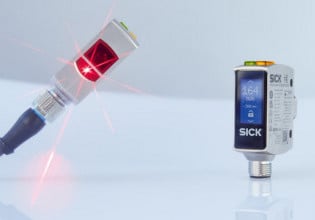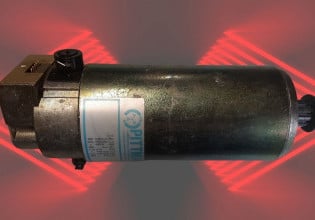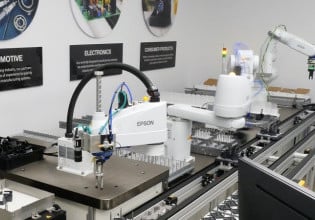F
To whom it may concern
W‘d like to know about the criteria for choosing between using OP (Operator Panel ) or IPC ( Industrial PC ) for the control system of a plant. W‘d be thankful of you if you would read the following facts & reply your suggestions to us.
We have a dry milk plant to be automated. The plant is around 1500 sq.m. and consists of 4 parts.
1- CIP ( Cleaning In Place ) : to clean pipes & tanks.
2- Homogenizer.
3- Process : to turn milk into dry(powder) milk.
4- Packing : to pack the dry(powder) milk in 2 kinds of packages.
But at the moment we only want to automate the control system of CIP part consisting of 3 tanks ( water,LYE,acid )& having 100 I/Os.
As I said above, we can have a local OP to control the CIP or we can have a remote control room equipped with PCs & printers to do this( & some day we may cover the control of the other 3 parts in this room ,too.).
I want to know which solution is better & considering the higher expense of the second solution (control room) ,
Does it worth having a control room? .
Some important parameters for a logical reply may be as follows:
1- Cost
2- Future expansion possibility
3- Maintenance
4- Work force(operators, technicians, engineers)
5- Conformability
6- Reliability
7- Accuracy
8- Connection to MES(Manufacturing Execution System) ability in future.
9- Reporting facilities(historical & real time)
10-Comparison from HMI based on OP versus HMI based on computer point of view.
Thanks for your cooperation.
Yours truly
Masoumi & Nasehi
W‘d like to know about the criteria for choosing between using OP (Operator Panel ) or IPC ( Industrial PC ) for the control system of a plant. W‘d be thankful of you if you would read the following facts & reply your suggestions to us.
We have a dry milk plant to be automated. The plant is around 1500 sq.m. and consists of 4 parts.
1- CIP ( Cleaning In Place ) : to clean pipes & tanks.
2- Homogenizer.
3- Process : to turn milk into dry(powder) milk.
4- Packing : to pack the dry(powder) milk in 2 kinds of packages.
But at the moment we only want to automate the control system of CIP part consisting of 3 tanks ( water,LYE,acid )& having 100 I/Os.
As I said above, we can have a local OP to control the CIP or we can have a remote control room equipped with PCs & printers to do this( & some day we may cover the control of the other 3 parts in this room ,too.).
I want to know which solution is better & considering the higher expense of the second solution (control room) ,
Does it worth having a control room? .
Some important parameters for a logical reply may be as follows:
1- Cost
2- Future expansion possibility
3- Maintenance
4- Work force(operators, technicians, engineers)
5- Conformability
6- Reliability
7- Accuracy
8- Connection to MES(Manufacturing Execution System) ability in future.
9- Reporting facilities(historical & real time)
10-Comparison from HMI based on OP versus HMI based on computer point of view.
Thanks for your cooperation.
Yours truly
Masoumi & Nasehi






